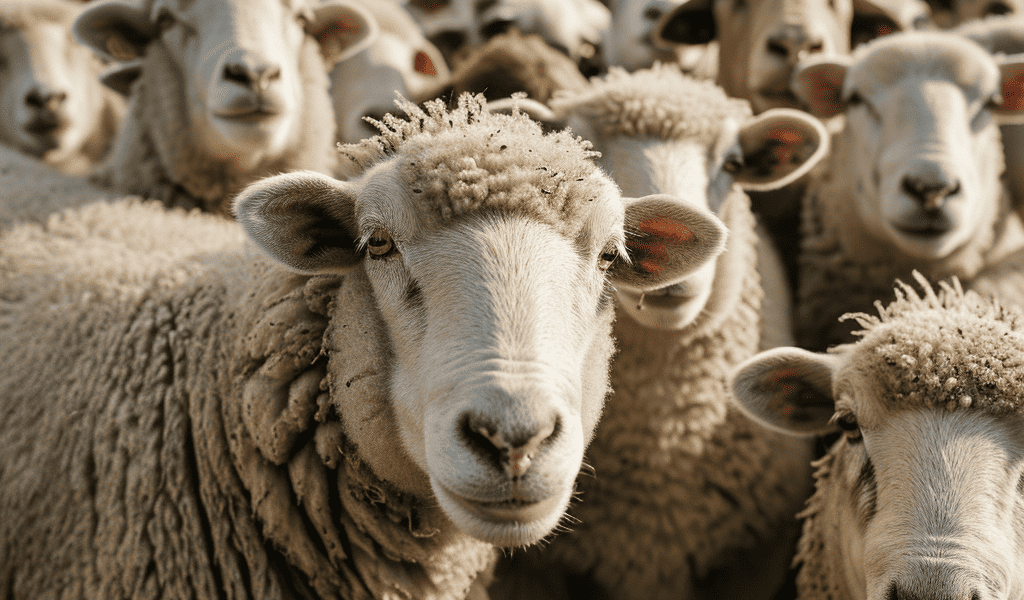Four more cases of the livestock disease bluetongue have been identified by government vets, raising concerns among farmers and officials. The Animal and Plant Health Agency (APHA) reported that one animal in Norfolk and three among cattle in Kent tested positive for the disease. These latest diagnoses were detected in England’s two temporary control zones (TCZs), bringing the total confirmed cases to 40 on 22 premises.
In response to the outbreak, temporary restrictions were imposed on an area of Norfolk in December, with a 10km (6.2 mile) TCZ for moving livestock put in place near Cantley, close to Acle. A similar zone was created near Canterbury in north east Kent in November.
Bluetongue can cause infertility and breathing problems among a number of animals, including sheep, cattle, and goats. The Department for Environment, Food and Rural Affairs (Defra) announced that the infected animals would be humanely culled, as a preventive measure to curb the spread of the disease.
It is believed that the disease could have been introduced to the UK through infected animal imports or by midges being carried across the English Channel by wind. While bluetongue poses no risk to humans or the food chain, outbreaks can lead to prolonged trade and animal movement restrictions, causing significant disruptions to the farming industry.
Farmers in Norfolk and the National Farmers Union have expressed concerns about the potential for bluetongue to become a major problem. The APHA stated, “There is currently still no evidence that bluetongue virus is currently circulating in midges in Great Britain. Surveillance is ongoing.”
The situation has prompted a call for heightened vigilance and biosecurity measures within the farming community to prevent further spread of the disease. As the authorities continue to monitor and address the bluetongue outbreak, it remains a pressing issue for livestock and agricultural sectors across the affected areas.





